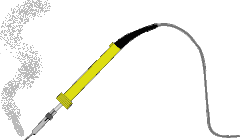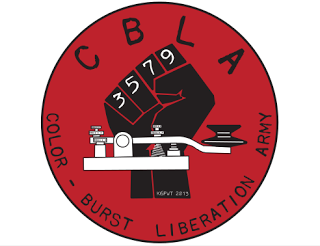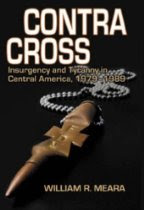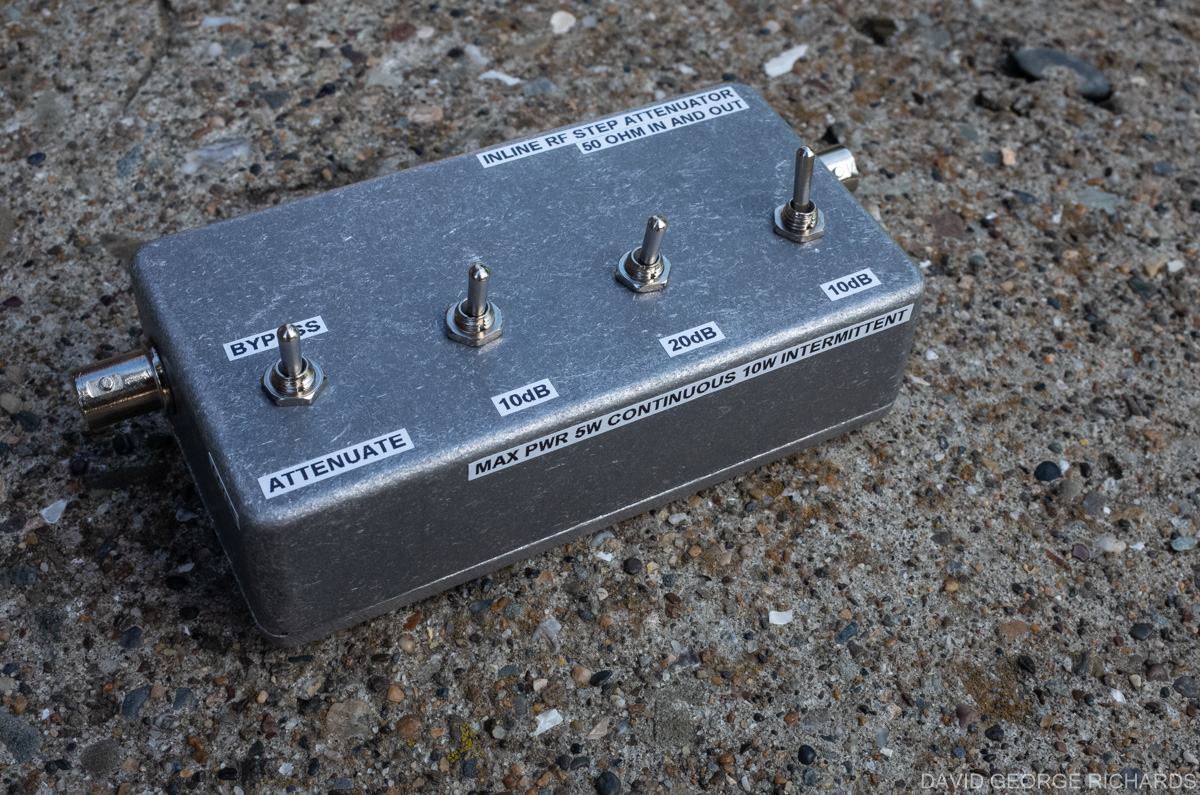What do you guys think? Do I have this right? How would you characterize this mixer: Is it multiplying by 1 and 0? Or is it multiplying by 1 and -1?
Podcasting since 2005! Listen to Latest SolderSmoke
Wednesday, November 2, 2022
Understanding a Very Simple Two-Diode Mixer
What do you guys think? Do I have this right? How would you characterize this mixer: Is it multiplying by 1 and 0? Or is it multiplying by 1 and -1?
Friday, October 28, 2022
SolderSmoke Podcast #241 Mars, Direct Conversion, PTOs and Glue Sticks, Anniversary of the BITX20, Multus Proficio SDR, Boatanchor Station, MAILBAG
SolderSmoke Podcast #241 is available
Audio (podcast): http://soldersmoke.com/soldersmoke241.mp3
Video (YouTube): (215) SolderSmoke Podcast #241 October 28, 2022 - YouTube
Introduction:
Back on Mars. Opposition
approaching. I have a Mars filter. And (like T.O.M.) a Mars
globe.
N2CQR DXCC done
SolderSmoke in the WayBack
Machine
Sticker news
PARTS CANDY -- Don't Scrimp with a Crimp!
Bill's Bench
School DC RX projects -- in
Hyderabad and Northern Virginia.
Direct Conversion Receivers --
Keeping it Simple, Learning a Lot. A step beyond the Michigan Mighty Mite.
Do we really need 100db? Do we really need to shield VFOs? Farhan's
super-simple and stable Colpitts PTO. Audio amps, 1000-8 transformers and
rolling your own LM386
PTOs and Glue Stick PTOs.
Paul Clark WA1MAC. Brass vs. Steel bolts. #20 thread vs. #28
thread. Backlash Blues. The best Glue Sticks.
2 meters and the VWS.
Bill has a Baofeng.
SHAMELESS COMMERCE:
MOSTLY DIY RF
Pete's Bench
20th Anniversary of the
BITX20 Pete's early BITX rigs.
Computer Woes
The Multus Proficio SDR rig
Simple SSB in China
BA7LNN
Things of beauty: Tempo
One, NCX-3 and a SBE-33
MAILBAG
-- NS7V is listening.
-- Graham G3MFJ
sent SPRAT on a stick.
-- Nick
M0NTV FB Glue Stick and 17 Shelf videos.
-- Dino KL0S
HP8640 Junior
-- Mark AA7TA Read the SolderSmoke Book
-- Steve EI5DD Connaught
(Ireland) Regional News
-- Dave
K8WPE Planting the seeds of ham radio
interest
-- Peter VK3YE
Ruler idea on PTO frequency readout
-- Michael AG5VG Glue
Stick PTO
-- Tobias A polymath with UK and Italy
connections. And cool tattoos.
-- Alain
F4EIT French DC receiver
-- Michael
S. was in USMC, working on PCM/TDM gear
-- Alan Yates
writes up Amazon transformer problem
-- Todd VE7BPO, Dale W4OP, Wes W7ZOI
-- Farhan VU2ESE
sent me an sBITX
-- Todd K7TFC The Revenge of Analog
-- Jim Olds Building QRP HB gear
Saturday, October 15, 2022
DC Receiver: 100db Gain? Diplexer? VFO in a box?
Wednesday, October 12, 2022
World's Most Interesting Man on PTOs and Glue Sticks
Tuesday, October 11, 2022
SolderSmoke FOREVER! Archived in the WayBack Machine
Monday, October 10, 2022
Listening on 40 with a Glue Stick PTO in a Direct Conversion Receiver; Some PTO History
And some background on PTOs: https://sites.google.com/site/randomwok/Home/electronic-projects/permeability-tuners-last-stand
Sunday, October 9, 2022
Paul Clark's Dollar Store PTOs made with Glue Sticks or Chap Sticks
Some of Paul's coils:
Friday, October 7, 2022
How the Diode Ring Multiplies by 1 and -1 -- "The Secrets of the Diode Ring" -- Plus another Bandsweep with the DC RX
Thursday, October 6, 2022
How to Tap an Aluminum Heat Sink: Pete Juliano Shares Tribal Knowledge
Adding a Diode Ring to the Direct Conversion Receiver, And How the Diode Ring Works
Tuesday, October 4, 2022
Tim Hunkin's "The Radio Set" Drawing, and The Secret Life of the Radio (Remastered)
Thanks Tim!



















.png)




















